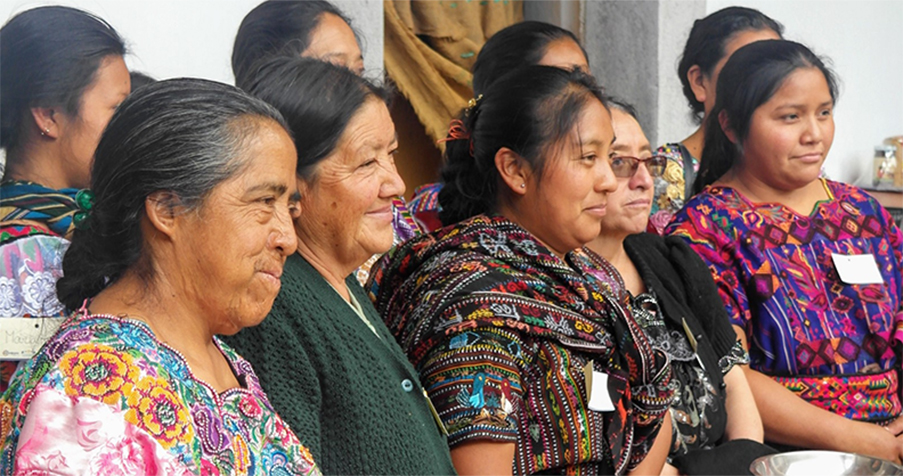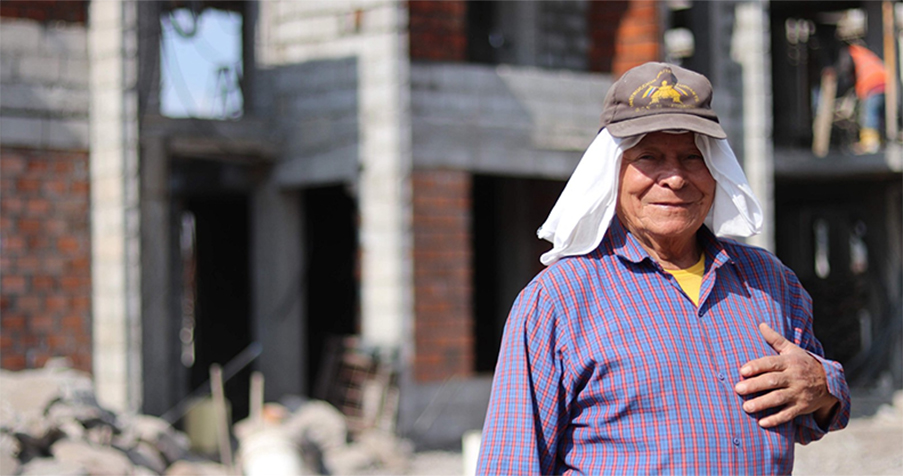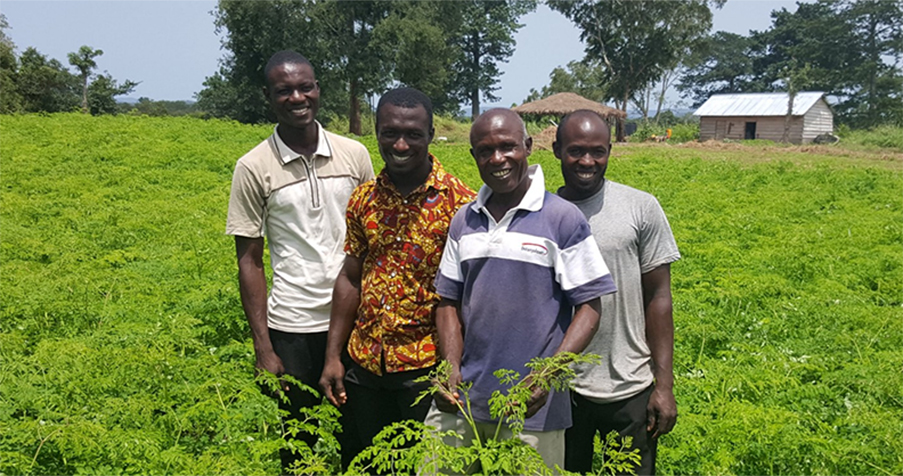Innovative Lending Model Stretches Capital to Reach Enterprises in Need
Nov 28 2018
Tolaro Global, a cashew processing company in the African country of Benin, is exemplary for its social benefits and its solid bottom line. It offers jobs in a region where there are few. It distributes free meals to workers. And it has an on-site nursery, which allows mothers of young children to work.
But a few years ago, Tolaro needed a loan so it could invest in new equipment and buy more nuts from local farmers. The only problems: financing options are limited in sub-Saharan Africa, and because Tolaro is a company with 500 employees it didn’t fit neatly into either a microfinancing or big-lender model.
Fortunately, Tolaro found financing with MCE Social Capital, a nonprofit that provides capital to microfinance institutions (MFIs) and small and growing businesses in developing countries. MCE (its original name was Microcredit Enterprises) has developed an innovative loan guarantee program that allows it to stretch lending dollars further. Since its founding in 2006, MCE has made 277 loans in more than 45 countries in Latin America, sub-Saharan Africa, Asia, Eastern Europe, and the Caucasus. And for the last few years, it’s done this with RSF’s help.
“There is an enormous shortage of capital in developing countries—entrepreneurs in those places don’t have access to loans to grow organizations that can create jobs and fight poverty,” says Kate Danaher, RSF’s senior director of integrated capital. “It’s a huge gap that a lot of people have been trying to fill. MCE is one of the solutions.”

Borrowers of Friendship Bridge, a microfinance institution (MFI) in MCE’s portfolio in Guatemala.
Impact potential of microfinancing inspires MCE founding
About 1.7 billion people lack access to formal financial services, such as savings accounts, insurance, and loans, according to the World Bank. This was one of the reasons that Jonathan Lewis founded MCE in 2006.
Lewis, the former chief budget adviser to the president of the California State Senate, got the idea after traveling to Bolivia with the group Freedom from Hunger. There he saw the extent of the impact that microloans—and microfinance institutions—could have, particularly on women and children.
“He was very moved and impressed, and decided he wanted to create an organization that did the same things in the field but raised its capital in a somewhat different way,” recalls Gary Ford, who has been CEO since 2010 and was among MCE’s early supporters.
MCE was founded as a nonprofit because it allowed the organization to receive tax-deductible contributions and also best served MCE’s impact-first mission. That included making women a priority. “Women are laser-focused on spending the money they earn on children,” says Ford. “Part of our theory of change is that mothers and children are the key to breaking down some of the barriers that keep people in poverty.”
“There is an enormous shortage of capital in developing countries—entrepreneurs in those places don’t have access to loans to grow organizations that can create jobs and fight poverty. It’s a huge gap that a lot of people have been trying to fill.”—Kate Danaher, RSF Social Finance
Pooled guarantees multiply the power of loan capital
What sets MCE apart is its unusual business model. Instead of asking for upfront donations to launch the enterprise, MCE asks high-net-worth individuals and foundations to make guarantees of $1 million each, on paper. MCE then leverages the guarantees to borrow half the amount from banks and other major lenders.
MCE lends that money to MFIs, which in turn give microloans to entrepreneurs. Lending in developing countries can be risky, so MCE is diligent about establishing creditworthiness. Their default rate is low for these regions at just under 2 percent.
If a loan does default, MCE’s guarantors cover the loss. Not only is the loss amount shared among guarantors, it’s also a tax-deductible donation to MCE. Because of MCE’s low default rate, a guaranteed pledge of $1 million has translated into contributions of well under $10,000 a year per guarantor.
“The magic is in the multiplier effect,” says Ford. “As a guarantor, my signature enables MCE to borrow and lend $500,000 and recycle that money in the developing world over and over again. Every dollar I have contributed has created $80 in the developing world. If I had simply donated the money instead of signing a guarantee, I would have been out $500,000. Instead I’ve kept the money and invested it, earning returns that greatly exceed what I’ve contributed to MCE.”

A borrower of CACMU, a microfinance institution (MFI) in MCE’s portfolio in Ecuador.
RSF and MCE share impact mission and direct lending
In 2015, MCE wanted to expand its lending in sub-Saharan Africa, where the need is dire, and to start a division for lending to small and growing businesses. To do so, it needed more capital. MCE executives approached RSF, which they knew of through social impact circles.
“Pardon the cliché, but we have the same DNA,” says MCE’s Ford. “They focus on what we focus on. They care about what we care about. A lot of the basics that might have been part of the education process at another institution were already there with RSF.”
The RSF team felt the same way. While RSF rarely provides loans to other lending organizations, they made an exception.
“Women are laser-focused on spending the money they earn on children. Part of our theory of change is that mothers and children are the key to breaking down some of the barriers that keep people in poverty.”—Gary Ford, CEO, MCE Social Capital
“MCE makes direct loans into social enterprises, like RSF does,” says Danaher. “But they reach communities and enterprises that are having a great impact in the world that we can’t reach, simply because those organizations are not incorporated in the U.S.”
Banking for the unbankable addresses poverty
RSF provided MCE with a loan of $1.5 million in 2015. Since then, MCE has received two additional loans of $2 million and $1.5 million. The capital allowed MCE to lend $3.5 million to MFIs.
MCE also made $1.5 million in loans to small and growing businesses in Benin, Cote d’Ivoire, Ghana, and Kenya. Tolaro Global was one of them. With its $400,000 loan, the cashew company hired more workers and provided market access and higher prices for its network of more than 1,000 smallholder farmers.
As a result, more people—particularly women—have been able to provide food for their families or pay for their children’s education. In 2017 alone, the companies in MCE’s MFI portfolio reached more than 2.2 million individual borrowers, helping everyone from a two-acre farmer to the owner of a roadside flower shop.
“What MCE is doing is providing banking to the underserved, to the unbankable,” says Danaher. “It’s one of the biggest opportunities we have to lift people out of poverty.”

Employees of Moringa Connect, an agricultural business in MCE’s portfolio in Ghana.